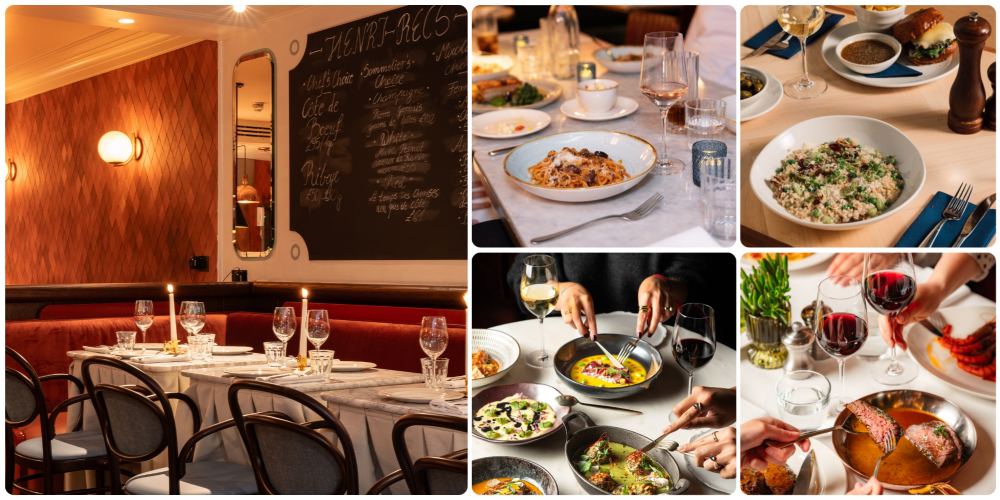We've got 5 copies of the Padella cookbook, Waterstone's Gift Book of the Year, to give away
Oops! An error just happened...
There was an error processing your request. Sorry about the trouble!
Please use the menu to navigate to other pages of the site, or perform a search to find what you are looking for!
0: Call to a member function get() on array








